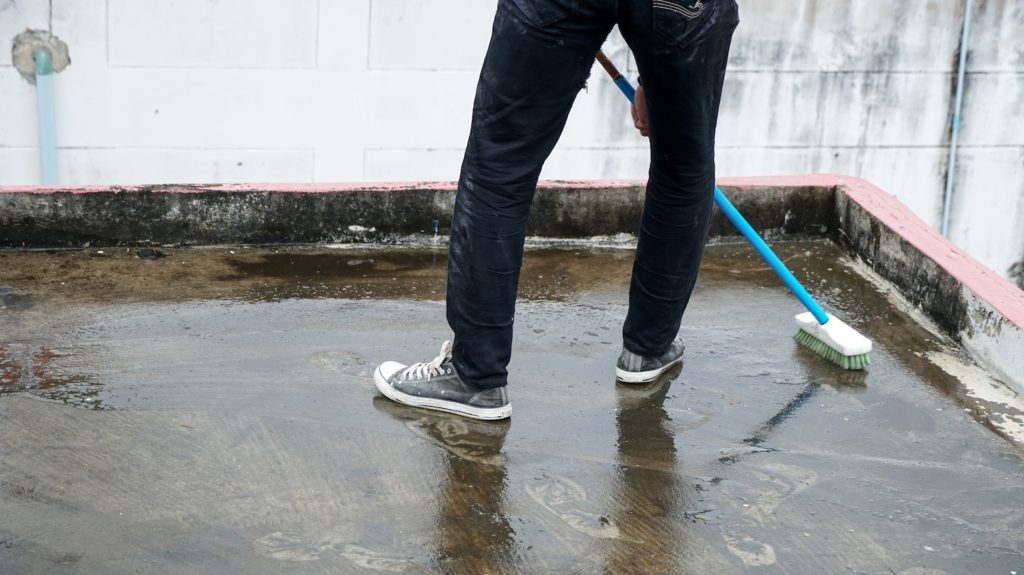As the International Labor Organization of the United Nations took aim at child labor and the exploitation of children June 12, Pope Francis lent his support with a tweet.
"Many children, instead of receiving a good education, are exploited, subjected to slave labor," Pope Francis wrote. "No effort should be spared to end the scourge of child labor! Children are our hope. Let us not allow that hope to be stifled!"
The ILO's World Day Against Child Labor conference in Geneva focused on the worldwide scourge -- an estimated 160 million children worldwide are used as laborers -- with the ambitious goal of ending child labor completely by 2025.
The theme of the day was "social justice for all" as the way to end child labor, by helping governments to create and sustain jobs that pay well enough to lift families out of poverty, and to assist with child care to permit mothers to work outside the home.
The ILO is a U.N. agency that sets international labor standards and advises the U.S. government on policy.
Manuela Tomei, assistant director-general for the ILO's governance, rights and dialogue group, observed that the current total of 160 million child workers has increased by more than 8 million since 2016 -- the first increase in decades and the result of wars, civil unrest and poverty.
She called that "the very opposite of social justice," adding, "The importance of universal social protections cannot be underestimated."
Jérôme Bellion-Jourdan, deputy secretary-general of the International Organization of Employers, quoted the ILO's director-general, Gilbert Huongbo: "Child labor rarely happens because parents are bad, or do not care. Rather, it springs from a lack of social justice."
"The antidote to poverty-driven child labor is decent work for adults," Huongbo, a former prime minister of Togo, said in a recorded statement. "Decent work means ending forced labor."
Giorgio Boccardo, the Chilean undersecretary of labor, said child labor "stops the development of children" and "generates poverty and inequality" among the most vulnerable.
Meanwhile, American Catholics have been opposing new measures in 20 states designed to make child labor easier, deprive children of educational opportunities and exploit immigrants with low-paying, dangerous jobs.
Supporters of the changes have argued that the loosened restrictions help address workplace shortages created by the COVID-19 pandemic. Opponents point out that more mothers would enter the workforce if they had affordable child care available.
The most recent law change, signed by Iowa Gov. Kim Reynolds May 26, allows 14- and 15-year-olds to work two extra hours per day during the school year, up to six hours. In addition, 14- and 15-year olds can do previously banned work, including work in industrial laundries, freezers and meat coolers.
The new law also allows 16- and 17-year-olds to work the same hours as adults, and with parent/guardian permission and two adult employees present, teens as young as 16 can serve alcohol in restaurants.
In a statement, Reynolds, a Republican, called the changes "tailored, common-sense labor provisions that allow young adults to develop their skills in the workforce."
In February, meatpacking plant workers and advocates of workers had a meeting with Bishop Thomas R. Zinkula of Davenport, Iowa, to share their objections to what were then proposed changes in Iowa's child labor law.
In Arkansas on March 8, Republican Gov. Sarah Huckabee Sanders signed the Youth Hiring Act of 2023, which eliminates state age verification for children younger than 16 seeking a job. Arkansas also is one of eight states where the U.S. Department of Labor discovered children as young as 13 working at two meat-packing plants.
The Ohio Senate passed a similar bill March 8, allowing 14- and 15-year-olds to work until 9 p.m. during the school year with their legal guardian's permission; current state law requires workers to be at least 16.
Such developments have the Catholic Labor Network concerned. "It is hard to believe that in the twenty-first century child labor would be a problem in the United States," said a statement posted on the organization's website. "Yet recent developments have demonstrated that this is indeed the case, and that there are elected officials in the United States who would like to expand its scope."
The Fair Labor Standards Act outlawed most forms of child labor in 1938. The U.S. Labor Department says it currently has 600 ongoing child-labor investigations.
On Feb. 17, the department announced that an investigation found more than 100 children were working for a contractor cleaning equipment in meat-packing facilities in eight different states.
In March, U.S. Sen. Tammy Baldwin, D-Wis., introduced the Child Labor Prevention Act, which would increase maximum fines and establish new criminal penalties for violations of the Fair Labor Standards Act.

